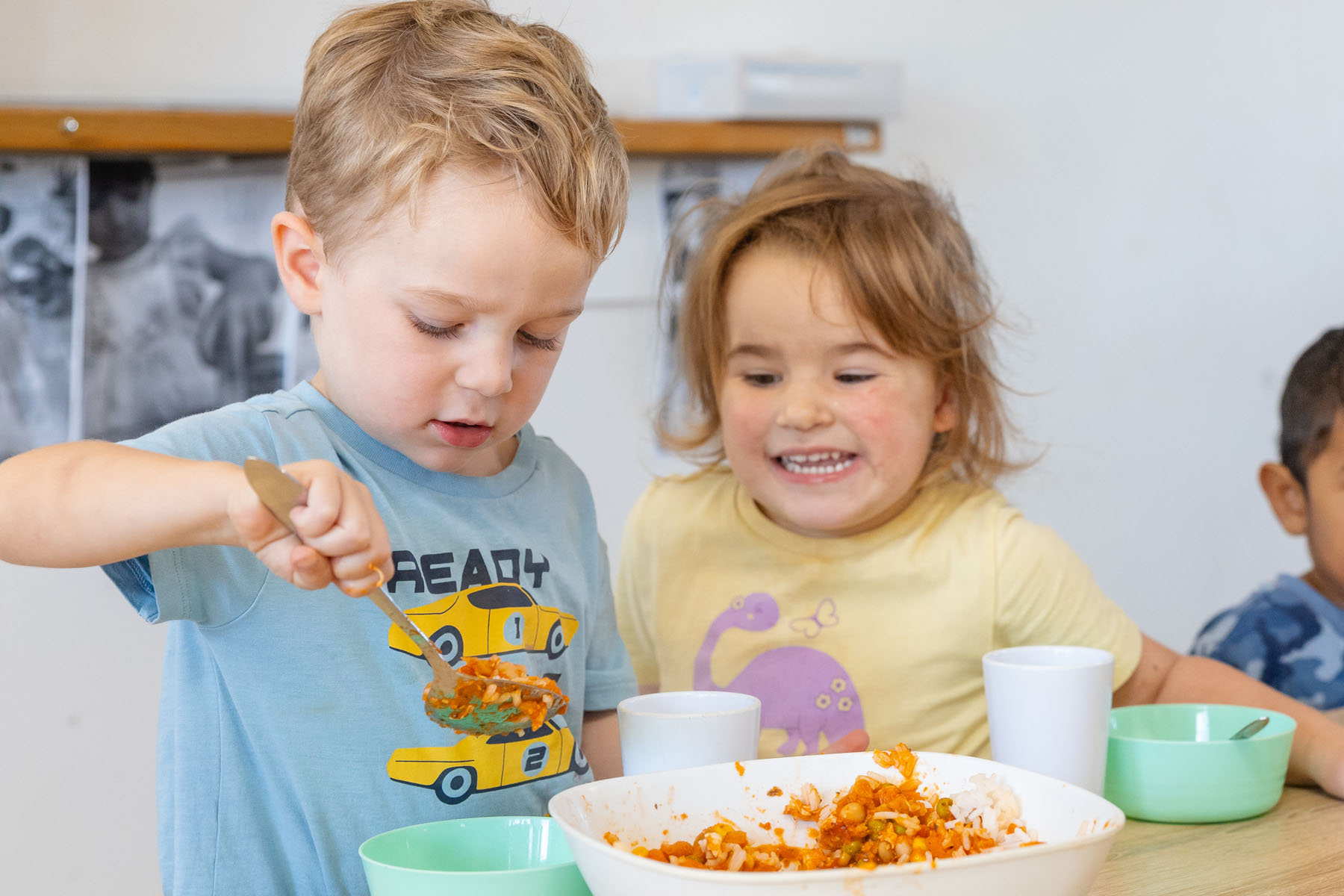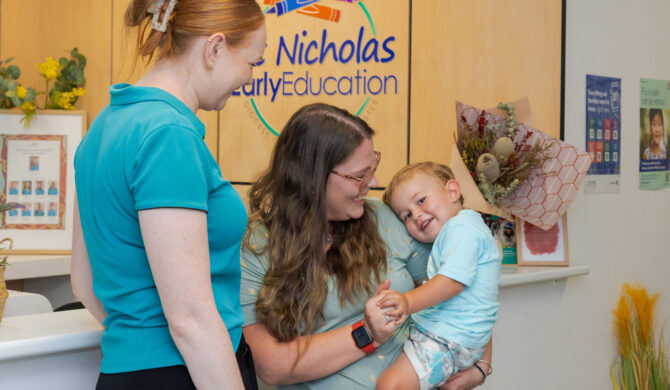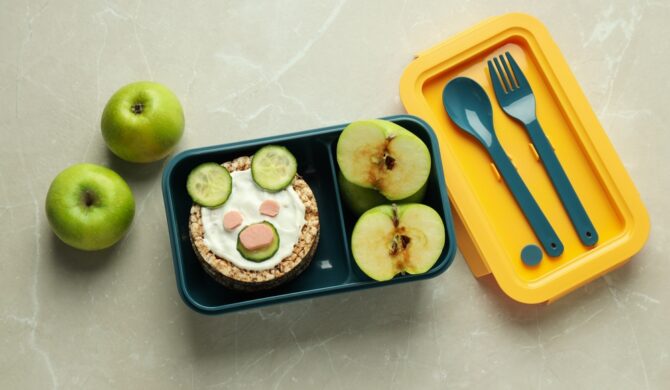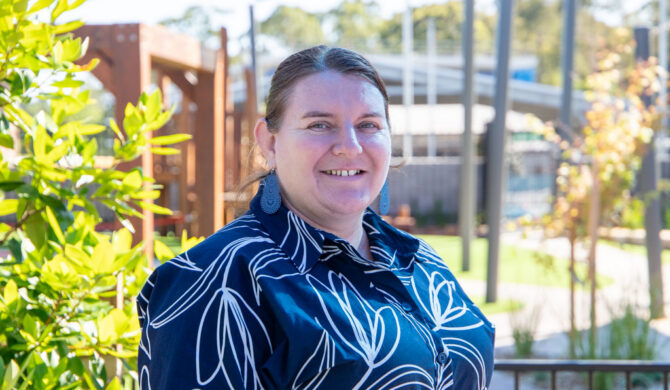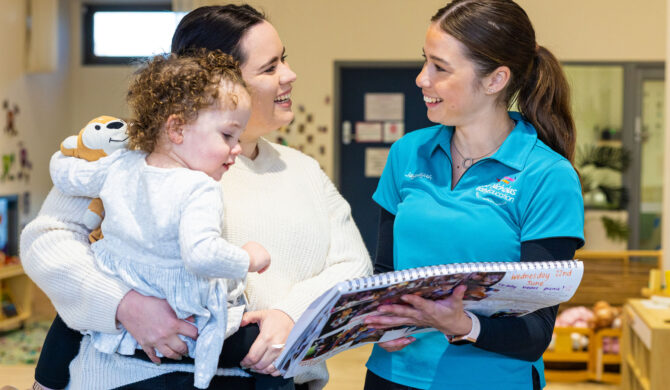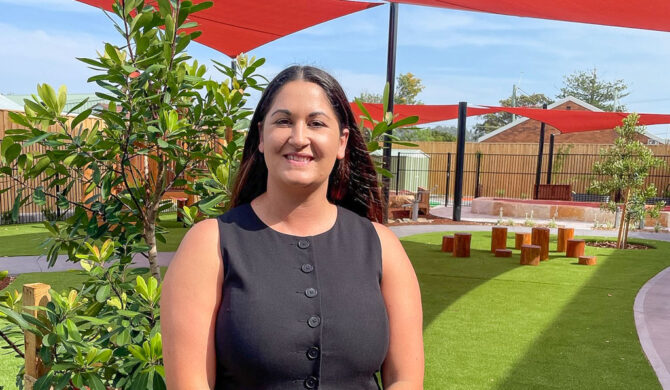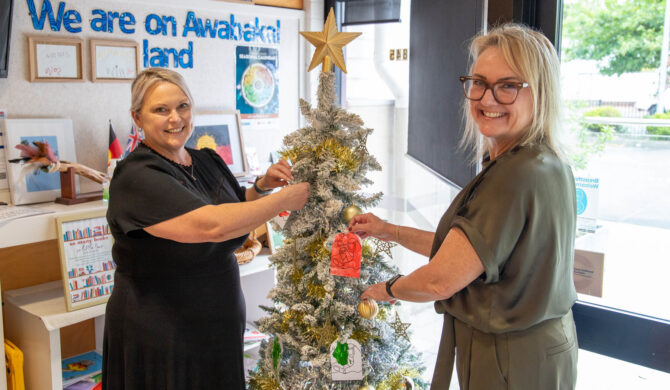Understanding and managing food allergies is crucial because even a small amount of an allergen can cause a severe reaction in susceptible individuals.
Here’s what being “nut-aware” means for us and how it impacts our community.
Did you know 1 in 10 babies have a confirmed food allergy?
Food allergies are increasingly common among young children, with research showing that approximately one in ten infants has a confirmed food allergy. This statistic highlights the importance of awareness and vigilance in settings where children spend significant amounts of time, such as early education centres.
A little can still hurt a lot
For some people with an allergy, even a trace amount of an allergen, such as nuts, can trigger severe and potentially life-threatening reactions. This sensitivity is why we take a proactive approach to minimise the presence of allergens and protect our children.
Our role
At St Nicholas, we ensure a child-safe environment that supports the health and wellbeing of all children. When we are advised of a medical condition like a food allergy, we conduct a thorough assessment of the risk to the affected child, other children in our care, and our staff. If necessary, we provide training to ensure that everyone involved understands how to manage and prevent allergic reactions effectively.
Our nut-aware policy includes several strategies:
- Avoiding the use of nut products in our meal planning and snacks provided at the centre.
- Educating our staff about the severity of nut allergies and how to respond to an allergic reaction.
- Implementing strict food handling and cleanliness practices to avoid cross-contamination.
What can you do?
Parental cooperation is vital in our effort to create a safe environment for all children, especially those with allergies.
Here are some ways you can help:
Inform us: If your child has an allergy, please advise your Centre Director as soon as possible. Provide detailed information about the allergy, potential triggers and any medication your child might need while at the centre.
Medication readiness: Ensure that any necessary medication, such as antihistamines or epinephrine auto-injectors (EpiPens), is always available and that its use is clearly explained to the care providers.
Handwashing: Make sure both you and your child wash your hands before coming to the centre to reduce the risk of transferring allergens from home.
Education: Teach your child about their allergy in age-appropriate ways. Encourage them to communicate openly with caregivers and friends about what foods are safe for them and how to avoid allergens.


